“Jericho” & Son of None
Story: Jericho
“Jericho,” written by Silas House and published at ecotone, is a coming-of-age story set in 1980 that pulls us into the life of Joshua, a sixteen-year-old who is gay and battling with the duality of his religious upbringing, which views homosexuality as a dire sin, and his desires to be who feels he is, which he’s “always felt guilty” about, especially when his “prayers failed him,” and “more than once he had considered killing himself….Taking pills or hanging himself.” Ironically, sadly, he hasn’t taken his own life because of his beliefs, because, though they are few, there are acts despised more than homosexuality in his religious community.
During the opening scene of “Jericho,” which is a Bible study, Joshua is asked to talk about the Biblical story of Jericho from the book of Joshua from which he was named. He says it holds a certain magic for him, the “idea that the voices of the people could cause the walls to crumble” and that they “bring the walls down without violence.” The new preacher’s son, William, who is “gorgeous” with a “mop of curly brown hair” and “full lips, the color of red grapes,” feels differently. He thinks the Biblical Jericho was about devotion and obedience instead, demonstrated in the way “Joshua always does what God tells him, even when it seems crazy.”
The Biblical story of Jericho is an interesting one, too. According to the Book of Joshua, Jericho was the first city attacked by the Israelites after they crossed the Jordan River and entered Canaan, the promised land. God instructed Joshua on how to topple the walls of the city and so the Israelites walked around Jericho’s walls once a day for six days, and then seven times on the seventh day, carrying with them the Ark of the Covenant. On the seventh day, Joshua commanded his people to blow their trumpets made of rams’ horns and shout at the walls until they finally fell down.
“The Beatles were absolutely not allowed in their house. Especially John Lennon because he was the one who had said the Beatles were bigger than Jesus. That went beyond sacrilege—that was blasphemy. And blasphemy was the one unforgivable sin, even worse than homosexuality….Now Lennon was singing that his darling should listen to him and trust him. And William was singing every word: Whatever gets you through the night. He was moving around in his seat and nodding his head and twisting his shoulders, feeling every part of the song.”
William, at seventeen, is rebellious when held up to the standards of the church. He says “fuck” and listens to forbidden music like AC/DC and Kiss, and he reads forbidden books like The Stand. At first, this is off-putting for Joshua, who doesn’t mind cussing and forbidden things, but has a sense of refinement about experiences: a fan of Michael Jackson and the Police, he doesn’t think that music needs to be vulgar to be good. Still, Joshua sees something of himself reflected in William that he hasn’t seen in anyone else, which is a shared interest in somethings outside the church, beyond the boundaries of scripture, on just the other side of the walls he’s built around himself. And it’s because of these similar interests, and his hidden desire to be seen as who he wants to be instead of the person he is forced to be, that he allows himself to be vulnerable. The walls begin to crumble: what begins as a friendship grows into something physical and intimate between the two. During one of many sleepovers, William reaches into Joshua’s underwear, saying he believes they should live completely, “before the Russians kill [them] all.” And though Joshua resists at first, he gives in because he wants to be that person—the him he hides behind those walls—but when he tries to kiss him, William pulls back and says he isn’t “queer” but that he does want to explore everything while they can, and so they do.
Through the course of the story, Joshua and William explore their sexuality. For Joshua, it’s a gateway into a world he thought he would never visit, that he might never have allowed himself to visit, but William is very clearly in it for pleasure and not intimacy. As the story nears its pitch, its revealed that William has been propositioning others in the church’s community for sexual pleasure, including Joshua’s fifteen-year-old sister, before he’s caught, and he and his father are forced to leave the community, devastating Joshua not only because William is gone but also because he misread the situation; a sense of exclusivity that had narrowly concealed the honest truth of the situation was gone and all that remained was what had been, toppled and ruined.
“[Joshua] prayed with his lips moving but no sound escaping. Please please please. Always before he had prayed to change. To be different. To not be the way he was. But this time he only asked to be happy. Please.”
In a way, William brings down the walls Joshua has put up to hideaway his homosexuality; he’d been taught to be ashamed of it, and without someone else who felt like he did, who wanted what he wanted, there was no other story to believe. He was trapped behind the walls of his own making until William provided an alternative, an opportunity for Joshua to explore the person he’d resisted being. And it’s easy, I think, to liken Joshua to the city Jericho and William to the Biblical Joshua, who pulled down the walls, but that almost seems off-tone, unharmonious. Especially because of the emotionless hedonism of William, who had every man and woman he was engaged with believing he was there’s and there’s alone. “I don’t think he’s…that way,” Joshua’s Bible teacher tells him when he confides in her, only to learn later that she’s one of William’s many. William seems more like a force of nature. Mercurial and without judgement, destructive. Change always involves a loss, some piece that’s lost in the process or cast aside. To become someone new the old must be destroyed, which is at the heart of the Biblical story of Jericho, too: though Joshua and the Israelites didn’t pull a single stone from the walls of the city and brought it down with their obedience to God, they still put everyone in the city to death afterwards. And not only every man, woman, and child, but also “oxen, sheep, and donkeys.” The city of Jericho, like young Joshua, was left vulnerable after its walls fell and what followed was nothing short of forcibly transformative. Through coercion, Joshua let his walls down to become someone else, but even the subtlest change holds within it a small violence, a little death.
Behind walls, we feel safe and protected, and we always erect them with the best intentions, with a good heart, but walls prevent growth, halt all expansion. They limit you. In order to become someone or something else, the destruction of the old is necessary for the new, though it’s difficult. It can be unexpected. It often hurts. And, historically, there’s no evidence for the Biblical story of Jericho to have unfolded the way it’s written. The city was real, that’s known, but there’s no archeological evidence for the siege, nothing that would support the seven-day obedience that brought down the walls of an otherwise impenetrable city. The Book of Joshua is believed now by historians to be only allegorical, that the faith and devotion to God is enough to do anything, even topple walls. Instead, there’s anecdotal evidence that the walls of Jericho did fall, but from something else. Not the voices of men or an act of God, but by a force of nature: an earthquake struck the region that sheltered the city of Jericho, unexpectedly, sending a hillside into the sea and toppling Jericho’s great walls, leaving exposed a city that had grown stunted behind the bulwark of protective stone it had built, at great pains, to keep others away.
Cocktail: Son of None
“But do you think it’s a sin? Do you think I’ll go to hell even for thinking it?”
“I don’t know.” [Regina] looked past [Joshua], at nothing. “But I think the biggest sin of all is to assume we know the mind of God. They all do that, all the time. But there’s no use arguing with them.” She looked at him then. “That’s just the world we live in.”
“And it’ll never change.”
“You’ll be happy one day,” she said. “When you can be yourself.”
In the Bible, Joshua is referred to as “Joshua the son of Nun,” which is a reference to his heritage, the lineage from which he comes, but it struck me as a better name for someone who has become someone new, who has defined—or redefined—who they are, untracing their lineage, as it were, to become a son of none.
This week’s cocktail is Son of None, a non-alcoholic nod to the Seelbach, once thought to have an illustrious history that was later revealed to have been fabricated, a cocktail that’s built with bitters and bourbon and champagne. Like the Seelbach, the Son of None is a celebratory drink, as all champagne cocktails are, meant to toast to better times ahead, and to say so long to those hard, sad times now left behind. Built with Ritual Zero Proof’s Whiskey Replacement, the non-alcoholic version includes Lemon and Pink Grapefruit Juices, Demerara Syrup, Peychaud’s Bitters, and Fre Alcohol-Removed Sparkling Brut Wine, the drink is a bright, bubbly joy on the tongue.
There is, of course, a different version of this drink, with bourbon and cherry heering and champagne, for when the walls around you are collapsing, and you need a little something more to get you through the chaos.
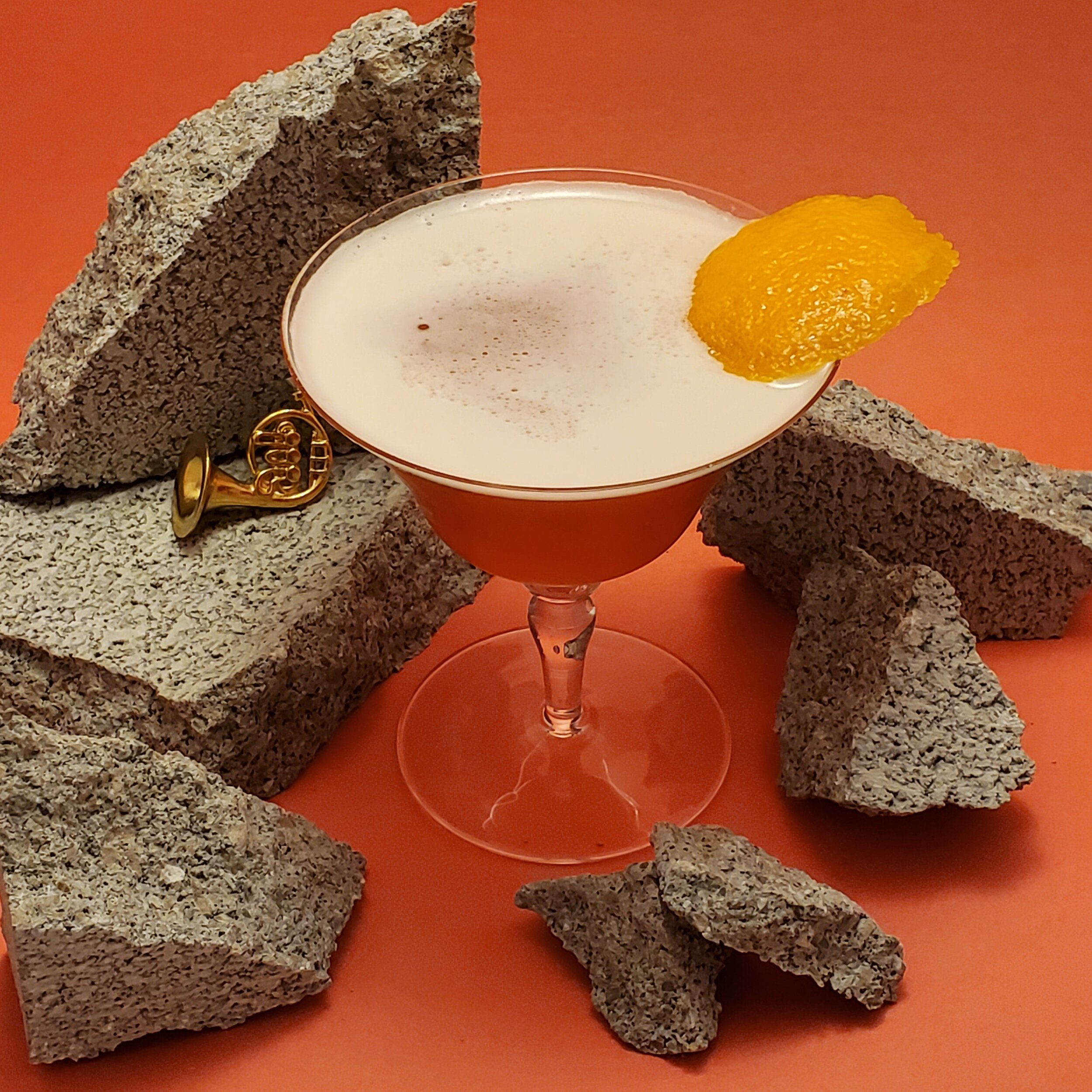
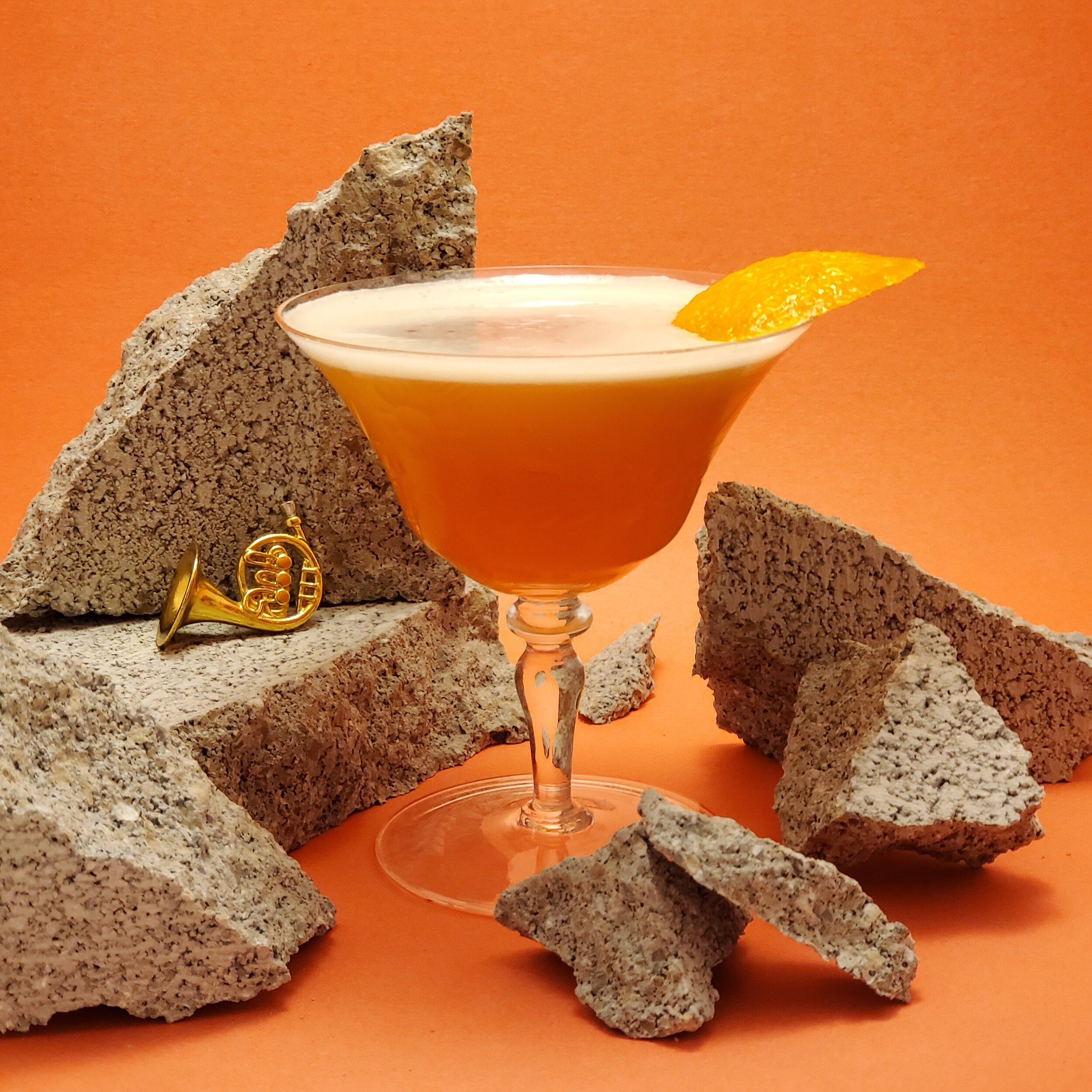
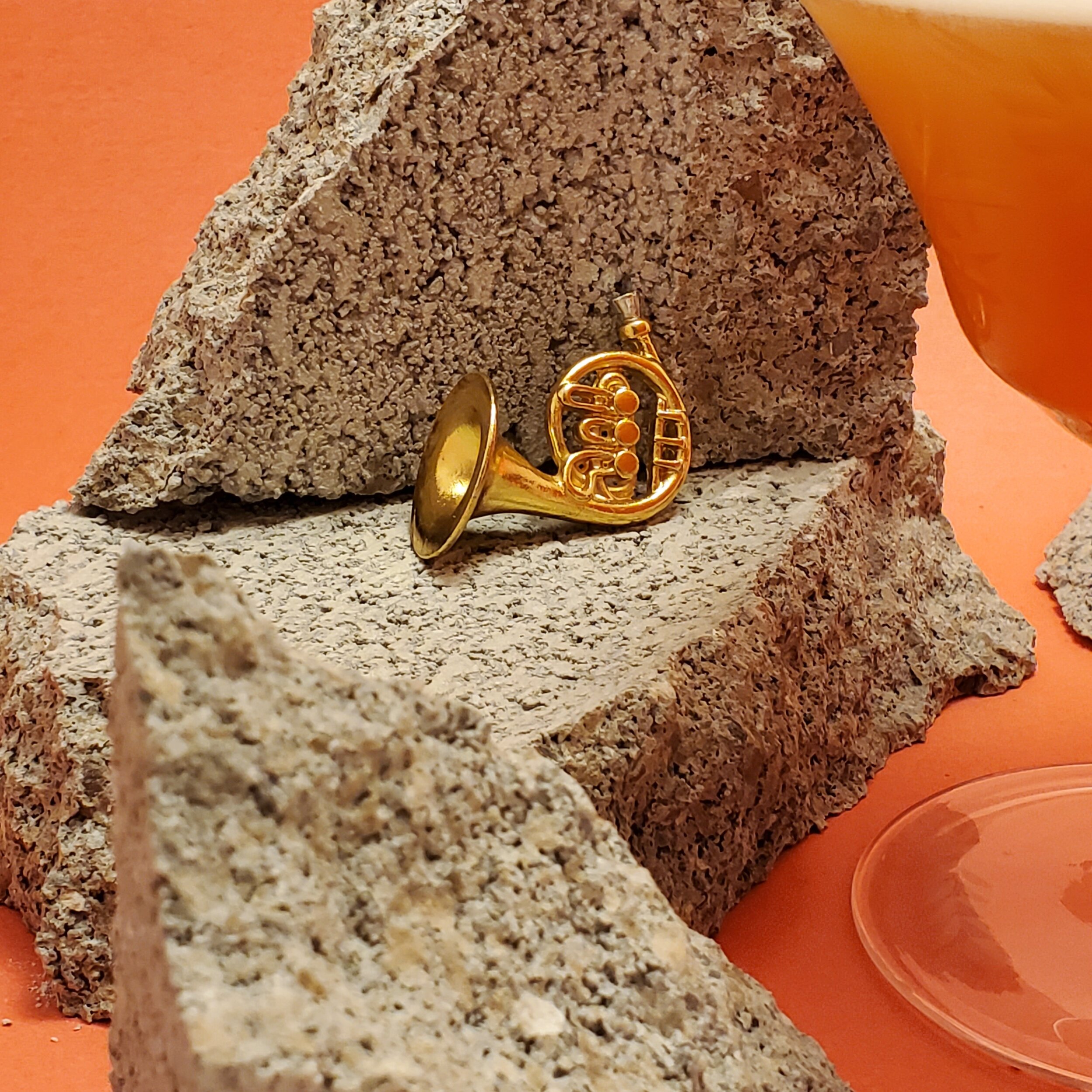
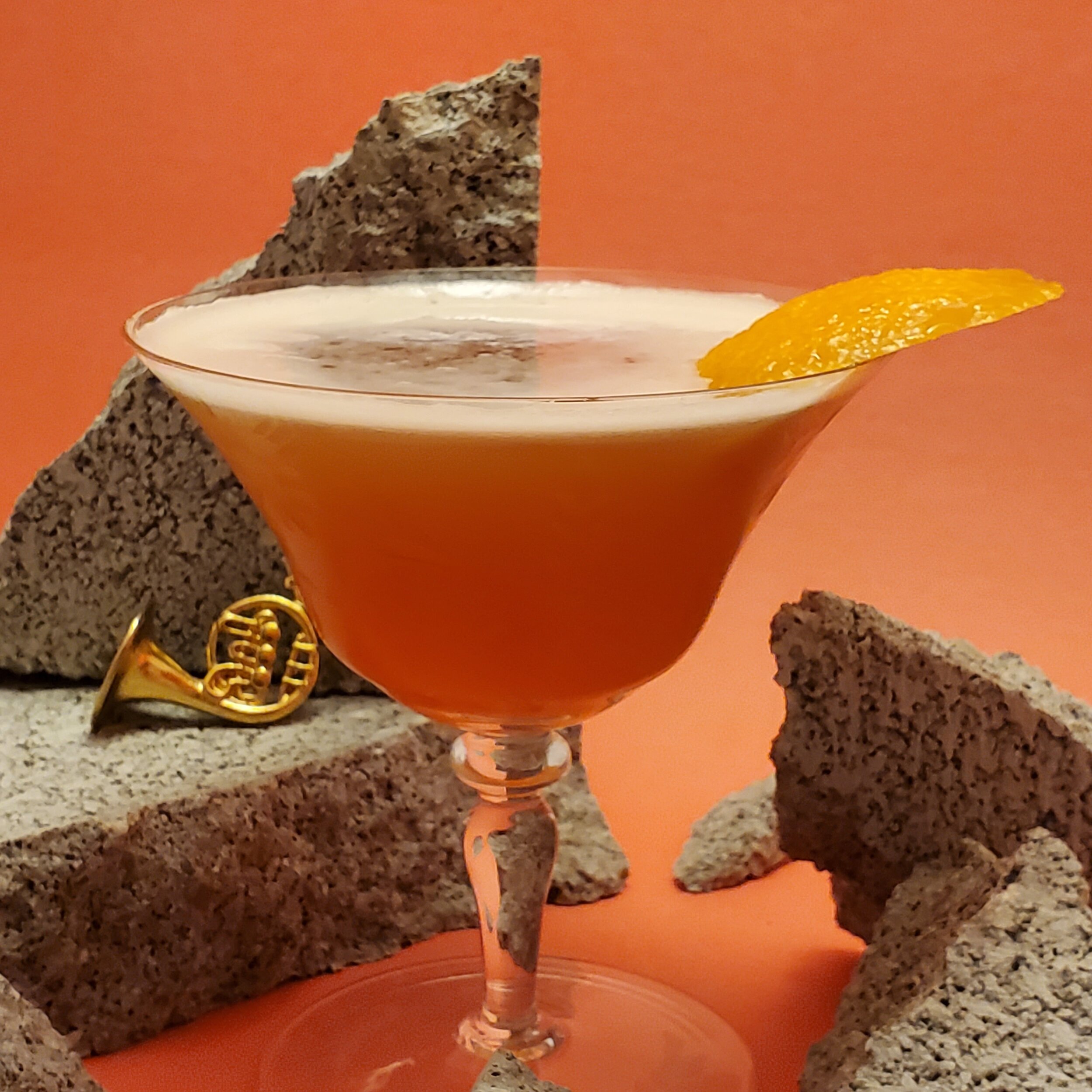
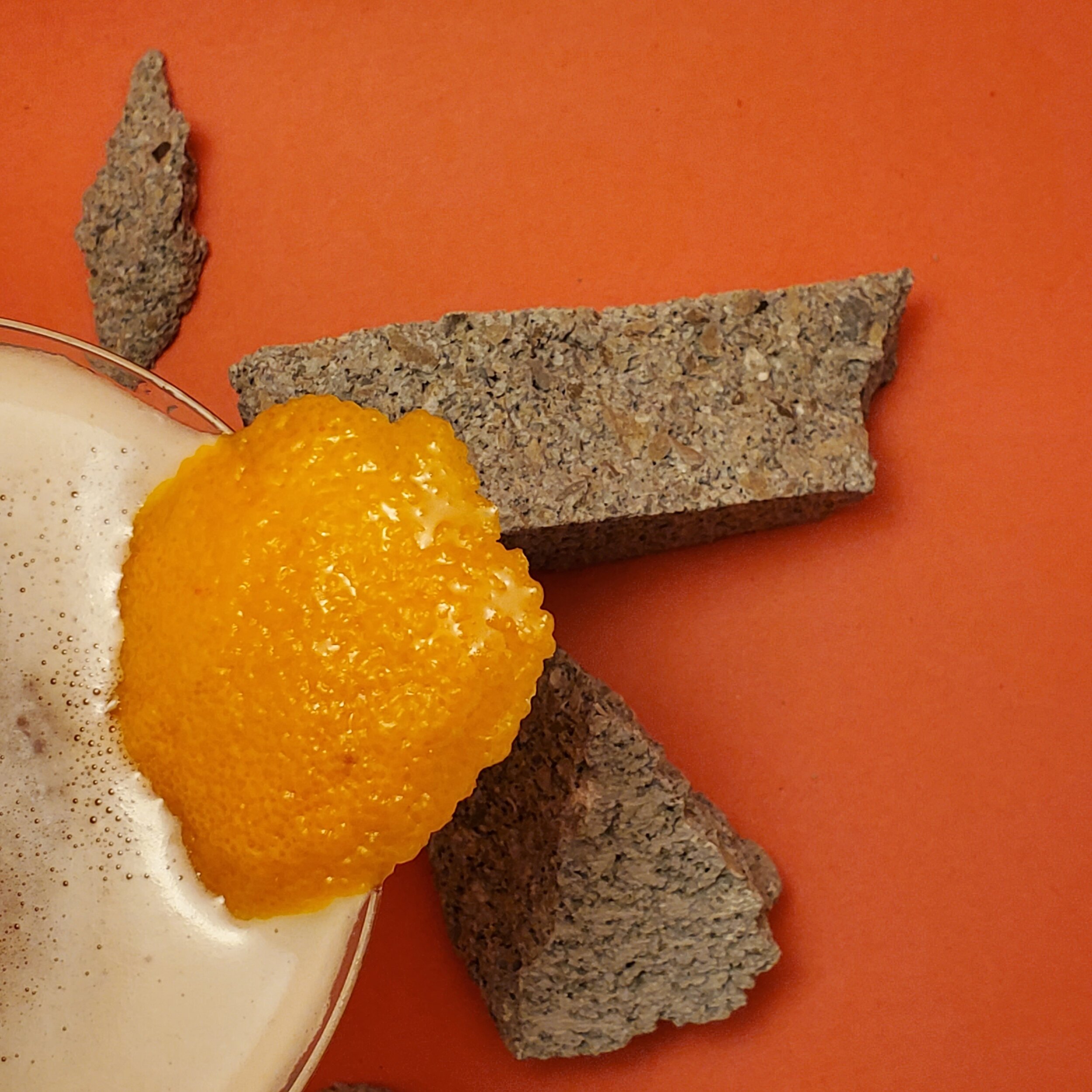

Recipe: Son of None
1.5oz Ritual Zero Proof Whiskey Replacement
0.75oz Lemon Juice
0.75oz Pink Grapefruit Juice
0.5oz Demerara Syrup (2pts Sugar : 1pt Water)
4 dashes Peychaud’s Bitters*
3oz Fre Sparkling Brut
Add the first five ingredients to a mixing tin with ice and shake for 15 seconds.
Strain into a coupe and top with the Sparkling Brut; garnish with an orange coin.
Toast to fallen walls and everything that’s unexpectedly set free.
Notes: *While most bitters are made with high-proof alcohol, a dash holds so little of it that even four (or more) dashes will have an unnoticeable impact.
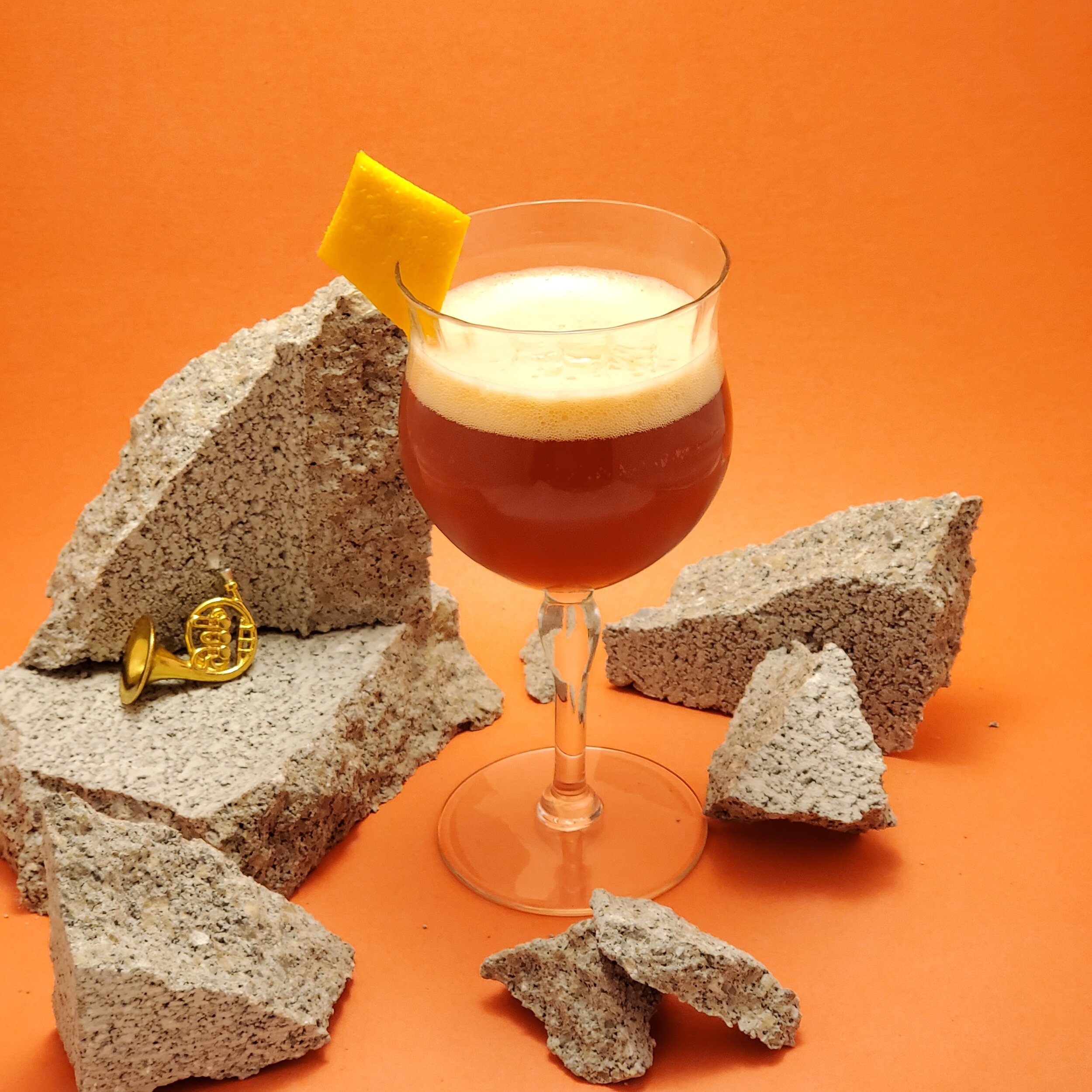
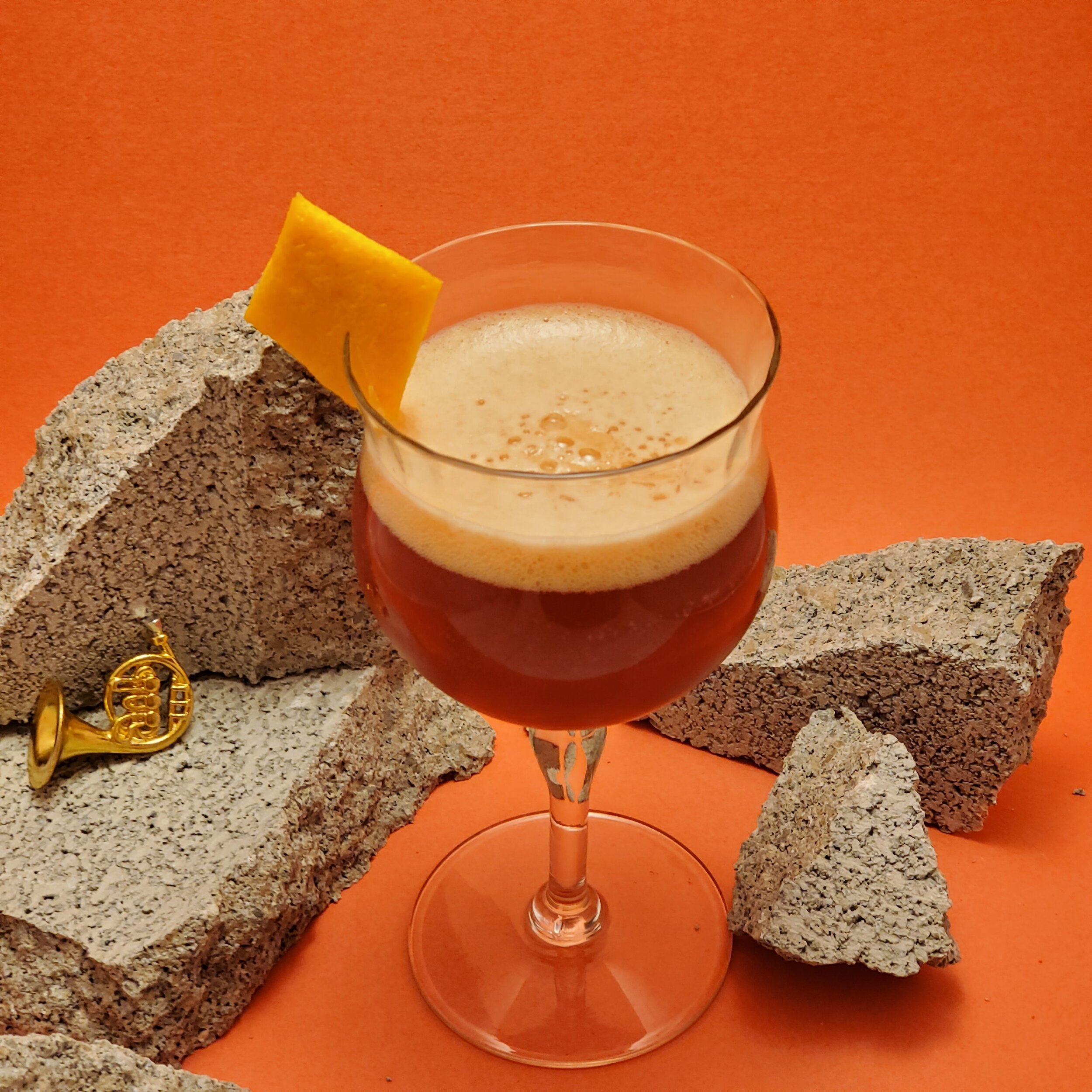
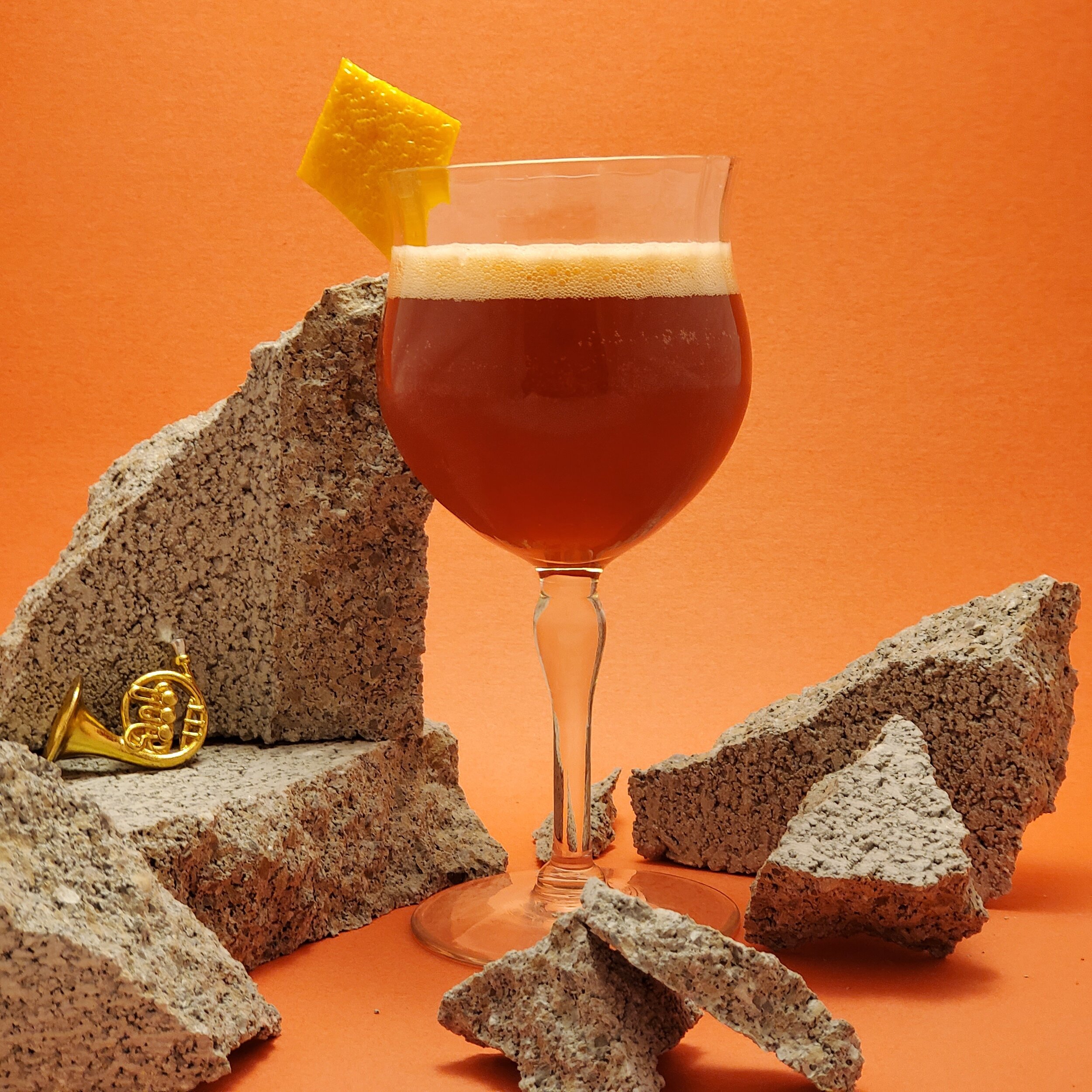
Recipe: Son of None 1:1-2
1.5oz Bourbon
0.5oz Cherry Heering
0.5oz Orange Liqueur
0.75oz Lemon Juice
0.5oz Demerara Syrup (2pts Sugar : 1pt Water)
4 dashes Peychaud’s Bitters
4 dashes Angostura Bitters
3oz Champagne or Prosecco
Add the first seven ingredients to a mixing tin with ice and shake for 15 seconds.
Strain into a coupe and top with the Champagne; garnish with an orange.
Toast to silence, space, and the wild promise of freedom that devout obedience implies.


